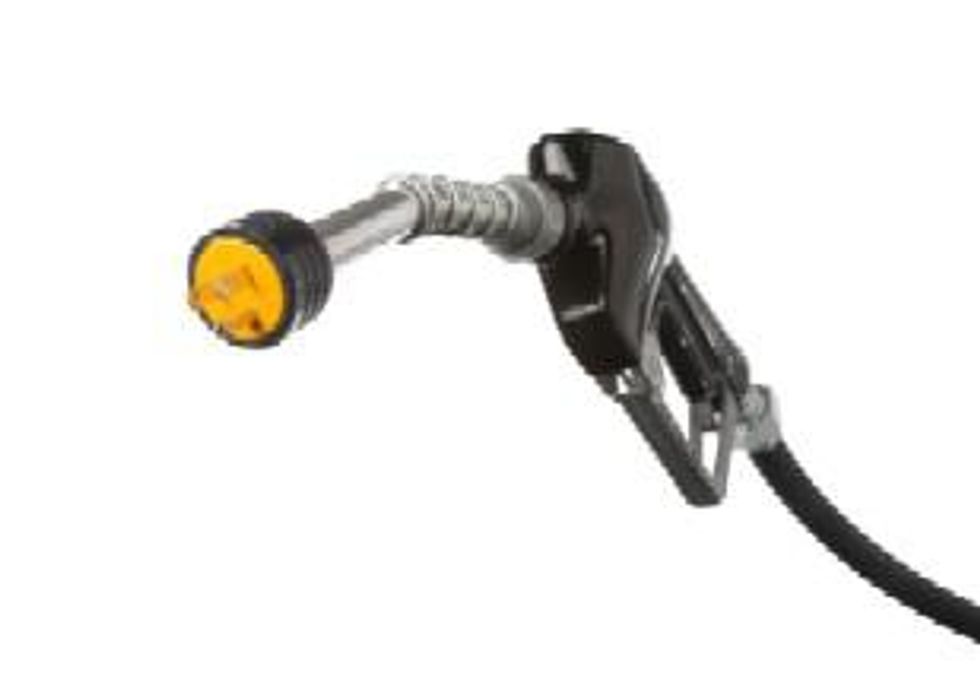Senior government officials and ministers have announced an agreement to commit to increasing the energy efficiency of transportation, including the promotion for electric vehicles, lithium batteries, biofuels and natural gas vehicles minimizing oil demand for transport.
With global implications for the lithium industry, senior government officials and ministers in the transportation and energy departments from 21 countries in the Asia-Pacific region have announced an agreement to make transport in the region more energy efficient. A meeting was organized for nations in the Asia-Pacific Economic Cooperation (APEC) group, with a membership accounting for approximately 40 percent of global population, approximately 54 percent of global GDP and about 44 percent of international trade.
Some lithium industry stakeholders and observers will be interested to note that this organization includes both Japan and South Korea, which have had an intense and evolving rivalry for being the largest producer of lithium batteries in the world. Australia, Canada, China and the United States are also included in the organization.
The San Francisco meeting included specific implications for the lithium industry, with Secretary Chu’s statements, “Transportation is directly tied to our energy challenges. To achieve economic prosperity, strengthen energy security, and protect the environment, we can – and must – move to a sustainable transportation future.” He presented a very optimistic view for electric vehicles and lithium batteries, “if the energy capacity of the [lithium] battery increases by a factor of three then you can go 300 miles on a single charge and in today’s electricity and gasoline prices in the United States at about one fifth the cost. If [the price] comes down by a factor of three then you can dispense with the internal combustion engine and you will have a twenty thousand dollar car with a competitive range but in operating expenses that are far less.”
As noted in a press release from the Department of Energy, President Obama has also renewed a commitment to electric vehicles and United States lithium battery manufacturers, “just a few years ago American businesses could only make 2 percent of the world’s advanced batteries for hybrids and electric vehicles. But thanks to the work being done at companies like A123 Systems (NASDAQ:AONE) and funding from the Recovery Act we’re poised to get up to 40 percent of the world’s capacity by 2015.”
Electric vehicles considered a priority
Ministers committed to directing their respective transportation and energy departments to study and empower transportation networks towards energy efficiency, specifically recognizing that transport accounts for a considerable amount of greenhouse emissions and energy demand. Enabling alternative transportation solutions including the promotion for biofuels, natural gas vehicles as well as electric vehicles should reduce the use of oil in transportation. Echoing sentiments for infrastructural standardization in Europe, officials also focused on the need to maintain consumer confidence in electric vehicles by taking precautionary steps to ensure safety, and called for joint and collaborative approaches to addressing this critical objective.
Potential overcapacity of lithium battery supplies
A report from Bloomberg New Energy Finance suggests lithium battery manufacturers have developed an enhanced capacity, which will eclipse automobile manufacturers’ commitments to large scale production of electric vehicles. Currently, electric vehicle batteries cost in the range of $800 to$1000 per kilowatt hour and make up about 30 to 50 percent of the cost of a typical electric vehicle. A short term overcapacity and competitiveness in the field could push the lithium battery prices lower, improving affordability of electric vehicles. This could lead to quicker adoption rate for the lithium battery technology; however, it would also create a challenging environment for smaller pure-play lithium battery manufacturers.
The Department of Energy has confirmed an increase in capacity from a domestic perspective with more American battery manufacturing plants expected to open operations as a result of the Recovery Act, which has funded a “healthy competition among 9 battery makers, 11 battery suppliers and 10 component makers. These new factories are already driving down battery costs faster than anyone thought – which means more car sales, more jobs, and less dependence on foreign oil.”
Securities Disclosure: I, Dave Brown, hold no direct investment interest in any company mentioned in this article.





